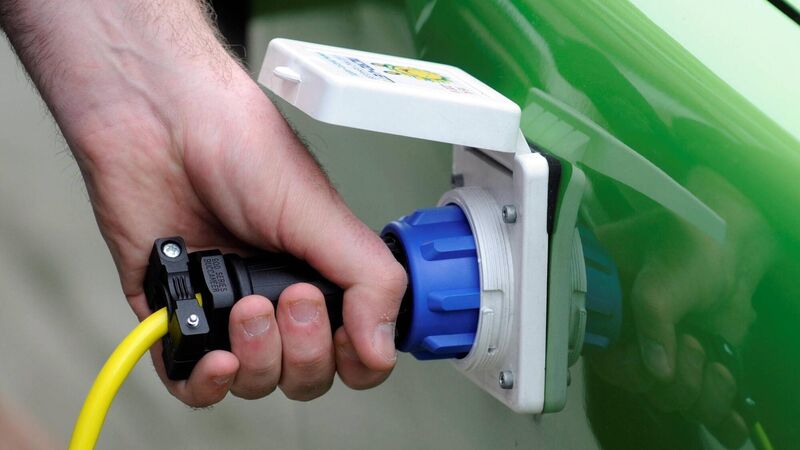Fossil-fuel body says it is being ignored in talks on Ireland's move to a green future

Fuels for Ireland, formerly known as the Irish Petroleum Industry Association, called for engagement by policymakers as is set out what it called "plans for the industry to become carbon neutral by 2050".
The organisation, which is made up of Applegreen, Circle K, Corrib Oil, East Cork Oil, Emo, Inver Energy, Irving Oil, LCC, Maxol, Top Oil and Valero, claimed it could "play a leading role in making Ireland’s energy transition a reality".










